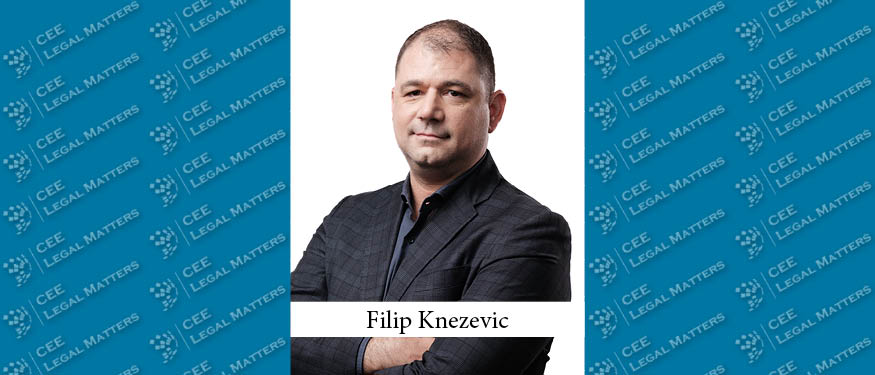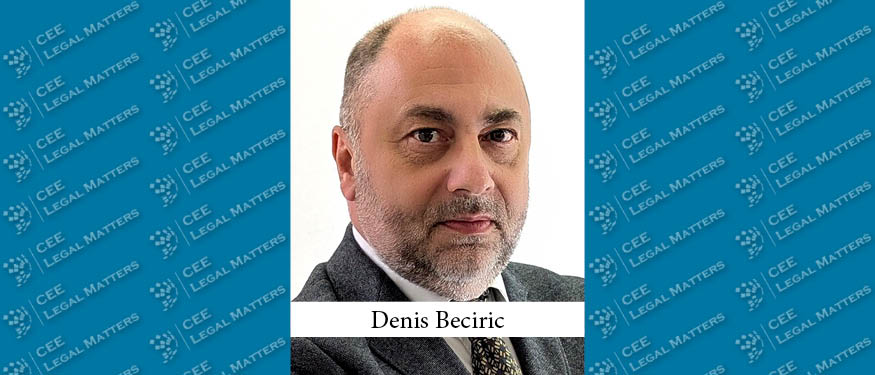Regulation of the European Parliament and of the Council on harmonised rules on fair access to and use of data (Data Act) entered into force on 11 January 2024, and it will become applicable in September 2025. Entrepreneurs therefore still have 19 months to prepare for the changes. What changes does the new EU regulation provide for?
Victim of Malware Accused of Intent?! Quite Possibly, But How.
By Decision of the Court of Justice of the European Union ("CJEU") of 14.12.2023 in case C‑340/21 the CJEU clarified several controversial aspects of the implementation of the GDPR.
Processing of Personal Data in Serbia – Video Surveillance and GPS Tracking
Processing personal data through video surveillance and GPS tracking is a widespread practice that is used for a variety of purposes. Nonetheless, this is a matter that is not clearly defined by law, and there is no consensus practice that would provide guidelines for data processors on how to achieve legal compliance.
Are Questions on a Test Considered Personal Data?
In German case law the stance was taken recently that questions on a test undertaken by a specific individual do not constitute personal data within the meaning of the General Data Protection Regulation (“GDPR”). The court’s position is that these questions, therefore, should not be included in the copy of data issued or provided in accordance with Article 15(3) of the GDPR (right to access to personal data undergoing processing).
Austria's Mariella Kapoun and Georg Gutfleisch and Slovenia's Amela Zrt and Ivan Kranjec Make Partner at CMS
Mariella Kapoun and Georg Gutfleisch have become Partners at CMS in Austria, while Amela Zrt and Ivan Kranjec have become Partners at CMS in Slovenia, as part of the firm's latest promotion round.
GDPR and Inclusion – Ignorant Instead of Woke?
The GDPR generally prohibits the processing of data relating to sexual orientation. In practice, this can be an obstacle to efforts towards inclusion.
New EU regulation on Digital Evidence Opens Up Risk of Data Misuse
The new EU regulation on electronic evidence will enable law enforcement authorities from one EU member state to order service providers in other EU member states to surrender digital evidence. Providers who fail to comply within ten days or, in urgent cases, within eight hours, could face fines of up to two percent of their global group turnover.






















